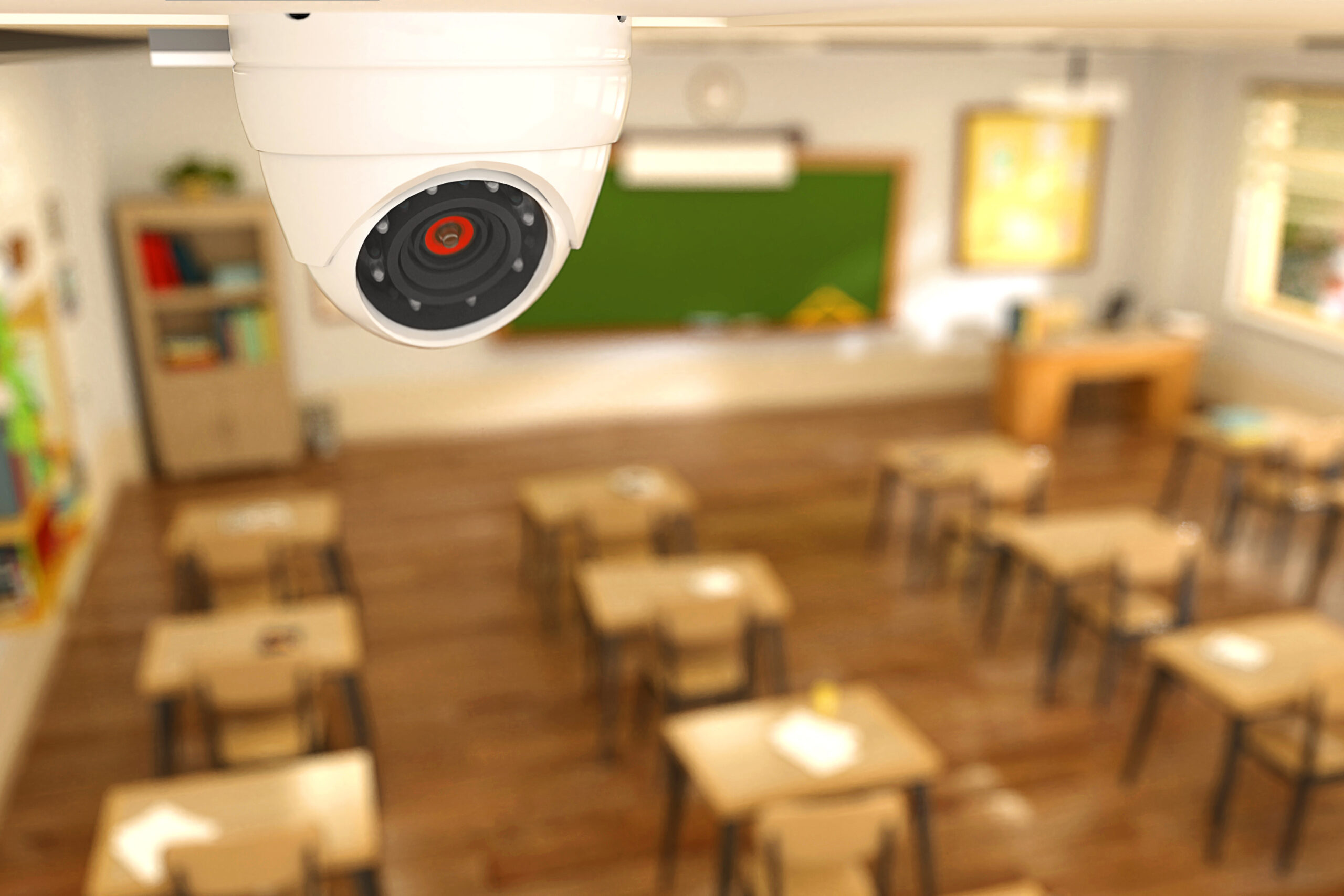What Does a Cyclone in Madagascar Have to Do With Rising Builders Risk Costs in the United States?
In February, another category 3 tropical cyclone hit the republic of Madagascar, the second largest island nation in the world. This is the third cyclone to hit the island this year, with the last one hitting 16 days prior.
While it’s not yet understood what the insurance ramifications of the cyclones in Madagascar are, it is an opportunity to explain how interconnected the insurance world is today. Another example is reported by Business Insurance that Storm Eunice, which pummeled the UK on February 28th, may cost insurance carriers more than $470 million. These losses will affect every aspect of property insurance across the world.
Insurance carriers utilize insurance too. One way insurance carriers can ensure large risks with multiple insurance buyers is by utilizing reinsurance. A reinsurance carrier provides more capacity to an insurance carrier’s balance sheet. When losses of this magnitude occur, it is going to cost reinsurance carriers a lot of money.
Reinsurance is a global offering. Swiss Re, Munich Re, and Berkshire Hathaway are some of the largest reinsurers in the world. David Fickling of Bloomberg reports, “Reinsurers cover more than half the cost of insured losses from natural disasters.” Last year alone, Munich Re reports, “The industry paid out $82 billion in such losses last year alone.”
What does this have to do with builders risk in the United States? Builders risk is intended to provide property coverage for the entire construction team for a building under construction. The reinsurers who are paying for these natural disasters, whether it’s a cyclone in Madagascar, an ice storm in the United Kingdom, or forest fires in California, are the same reinsurers providing your builders risk policy for the projects under construction in every city in America.
As losses from natural disasters continue to worsen, so will your builders risk prices. The financial repercussions associated with Builders Risk pricing will continue.
Sources: Bloomberg, Business Insurance
About the Author
Share This Story
Related Blogs
Enhancing School Security: Practical Strategies for Safer Campuses
Enhancing school security is one of the most pressing responsibilities for education leaders today. As school campuses evolve, so too must the systems that protect them. For administrators, safety professionals, and district decision-makers, creating a secure learning environment means taking a proactive, layered approach that includes physical security, training, technology, and community involvement.
5 Common Cybersecurity Mistakes and How to Avoid Them
All organizations, regardless of their size or industry, are at risk of being targeted by cybercriminals. These malicious actors can conduct cyberattacks, leading to significant financial, operational and reputational damage that can be difficult or impossible to recover from. Fortunately, solid cyber hygiene practices can reduce the likelihood of data breaches and other cyber incidents from occurring, and many of these practices are relatively low-cost and easy to implement.
Insurance Coverage Basics For Boatowners
A small boat, such as a canoe or other un-motorized boat, is typically covered under the personal property portion of your homeowners insurance policy. If you own a larger, faster boat, you'll need a separate boatowners insurance policy. A typical boatowners insurance policy is designed to protect your boat, motor, equipment, and passengers. It affords similar coverages to those you typically have for your car including:









